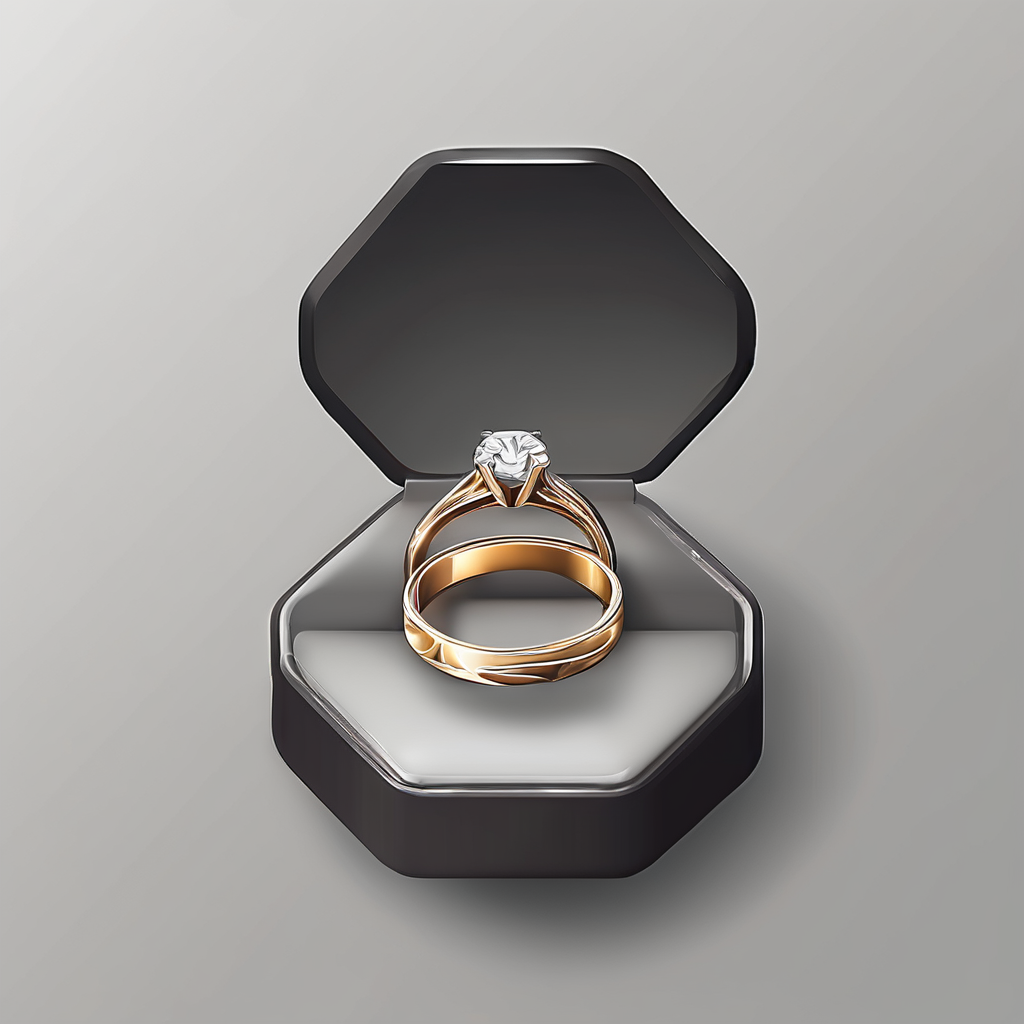Understanding Hard Water and Its Effects on Skin
Hard water is often recognised by its high mineral content, primarily calcium and magnesium. These minerals can accumulate on the skin, leading to various skin health issues. In the UK, water quality frequently includes hard water characteristics, making understanding its effects essential for maintaining skin health.
Skin dryness and irritation are common concerns with hard water. Minerals from hard water can strip the skin of its natural oils, resulting in dry, irritated skin. For those with sensitive skin, the impact can be even more pronounced, leading to discomfort and exacerbations of conditions like eczema.
Additional reading : The Complete Blueprint for Radiant Skin: Proven Tactics for Harnessing the Power of Retinol
Specific skin issues linked to UK hard water include frequent complaints of itchiness and flakiness. The mineral deposits left on the skin can interfere with cleansing, making it difficult to remove skincare products and leading to a dull complexion.
Addressing such concerns involves employing skincare routines designed to mitigate the negative effects of hard water on skin health. Understanding the intricacies of how hard water interacts with skin can aid in selecting products tailored for protection and nourishment, helping to avoid the consequences of daily exposure to harsh water conditions.
In parallel : Rain-Resistant Makeup Mastery: Top Tips for Smudge-Proof Perfection in the UK’s Wet Weather
Skincare Routines for Hard Water Conditions
Combating the effects of hard water on skin health requires a strategic approach to your skincare routine. It is vital to choose products offering fortifying and moisturizing properties. Begin with a gentle, hydrating cleanser that effectively removes mineral residues without stripping the skin of its essential oils. Opt for non-foaming or oil-based cleansers, as these tend to leave the skin feeling more nourished.
Following cleansing, a rich moisturizer is crucial to replenish lost moisture and create a barrier against further mineral deposition. Look for moisturizers containing ceramides or hyaluronic acid, known for their excellent hydration properties. Proper layering of skincare products is fundamental for effective moisturizing. Apply serums containing antioxidants before your moisturizer to protect against free radicals commonly found in hard water environments.
When selecting products, consider their compatibility with hard water effects. Choosing formulations that are high in emollients and humectants can mitigate skin dryness. Monitoring the condition of your skin frequently will also aid in adapting routines to meet the changing needs dictated by different environments or seasons. Thus, a tailored approach ensures your skin remains healthy despite the challenging UK water quality.
Product Recommendations for Hard Water Damage
Navigating hard water effects on skin health can be challenging, especially in areas with suboptimal UK water quality. The right skincare products can make a substantial difference. Moisturizers formulated with ceramides and glycerin provide a dual benefit: restoring skin’s moisture barrier and protecting against further mineral accumulation. CeraVe Moisturizing Cream, often praised for its rich texture, is an excellent choice for maintaining eczema-prone skin’s softness.
For body washes, those containing soothing agents like colloidal oatmeal or shea butter offer relief against dryness and irritation associated with hard water. Aveeno Skin Relief Body Wash is a top pick, offering gentle cleansing that minimizes stripping of natural oils. It’s wise to pair such products with cleansers devoid of sulphates, which can exacerbate skin issues in hard water regions.
Brand-specific products designed for hard water scenarios, like La Roche-Posay Lipikar Balm, are renowned for their reparative properties. These targeted solutions keep skin moisturized all day. Regular use of such specialized products helps navigate the complexities of hard water, ensuring skin maintains its natural glow and resilience.
Water Softening Methods and Tips
In areas with challenging UK water quality, employing a water softening system can alleviate the effects on skin health. These systems typically remove calcium and magnesium ions, which are responsible for water hardness. Filtration methods, such as ion-exchange systems, effectively replace hardness ions with sodium or potassium, making water gentler on the skin.
For those seeking simpler solutions, DIY methods like adding baking soda or vinegar to bathwater can temporarily reduce hardness. These household items act by neutralizing minerals, thus lessening their drying effect on the skin. Although convenient and economical, such methods might not offer long-term relief.
Moreover, various water filtration options offer a convenient way to soften household water. Reverse osmosis systems can significantly reduce mineral content, providing clear advantages for skin health. Consider, however, the requirement for regular maintenance, including filter changes, to ensure continued efficacy. The installation of water softeners or filters also involves upfront costs, but these are offset by the extended benefits to skin health and overall hygiene. By carefully selecting the appropriate system, residents can effectively manage and improve their domestic water quality, promoting healthier skin.
Preventative Measures to Protect Skin
To fortify your skin against the effects of hard water, adopting preventative skincare methods is essential. Begin by integrating simple lifestyle adjustments. Opt for shorter showers and use lukewarm water, as hot water can exacerbate dryness. Ensuring you use a shower filter can also be beneficial in reducing direct exposure to harsh minerals.
During bathing, consider using soap-free cleansers and opting for emollient-rich products. This helps retain moisture and forms a barrier against further mineral absorption. After showering, gently pat skin dry rather than rubbing it. This technique prevents irritation and maintains the skin’s integrity.
Engage in regular skin assessments to monitor changes in your skin condition. By doing so, you can adapt your skincare routine according to your skin’s evolving needs. In areas with higher hardness levels like the UK, these adjustments become especially pertinent.
Incorporating protective clothing such as long sleeves and hats can also shield your skin during water-rich activities. With these preventative measures, your skin will not only withstand harsh conditions but thrive in challenging UK water quality environments. By being vigilant and proactive, you can maintain your skin’s health and appearance.
Scientific Insights into Hard Water and Skin Health
Gaining insight into the interaction between hard water and skin health can be enlightening. Research indicates that hard water effects are primarily due to its mineral-rich content, notably calcium and magnesium. These minerals react with skin’s natural oils, creating soap curd that can linger on the skin and aggravate irritation.
Dermatological research consistently supports the link between hard water exposure and exacerbated skin conditions, notably eczema and dryness. Studies from the UK, where water hardness is common, highlight increased occurrences of these skin issues in affected regions.
From a skin science perspective, hard water’s high mineral concentration can alter skin’s pH balance, making it more alkaline. This chemical disruption leads to a weakened skin barrier, causing moisture loss and reduced protection against external irritants.
Experts strongly recommend mitigating these effects through water softening techniques or using specific skincare products designed for hard water. Such interventions are crucial in maintaining healthy skin amidst challenging UK water quality conditions. By understanding the scientific connection between hard water and skin health, individuals can make informed decisions to safeguard their skin.








